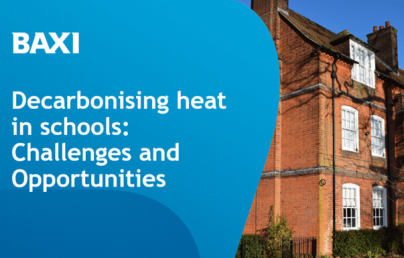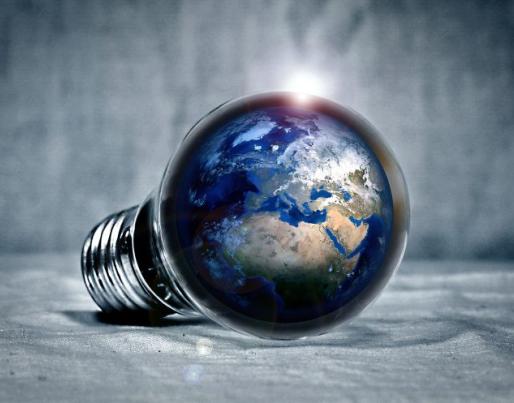
EU "Save Energy"

EU "Save Energy"
The European Commission has just published a new publication on how to enhance energy savings.
Saving energy, i.e. reducing energy consumption through price signals, energy efficiency easures or voluntary efforts can often be the cheapest, safest and cleanest way to reduce our reliance on fossil fuel imports from Russia. Moreover, using less energy supports security of supply, facilitates storage requirements and underpins the clean energy transition. Voluntarily reducing unnecessary energy consumption and fast-tracking energy efficiency measures will reduce the volume of gas and oil shortage in case of a disruption of flows from Russia.
As such it is a critical element to stabilise markets and prevent further price volatility. Over the medium to long-term, energy savings would contribute to lower the prices of energy, help responding effectively to sudden price hikes and supply shortages.
Saving energy directly reduces our energy bills and makes our economy more resilient. High prices for fossil fuel-based energy already hurt households and all industrial sectors, from services to manufacturing and from agriculture to transport. For the energy poor, vulnerable households, micro, small and medium-sized enterprises and for energy intensive industries, they force uncomfortable choices about forgoing energy use. Higher energy prices also affect the relative competitiveness of firms with possible knock-on effects on employment and incomes.
(...)
Therefore, this EU ‘Save Energy’ plan takes a two-pronged approach:
- Achieving immediate energy savings through voluntary choices; and
- Accelerating and strengthening structural, mid- to long-term energy efficiency measures.
Both approaches will need to be supported by an effective financial framework and governance structure.
com_2022_240_fin_en_txt.pdf
English (689.27 KB - PDF)